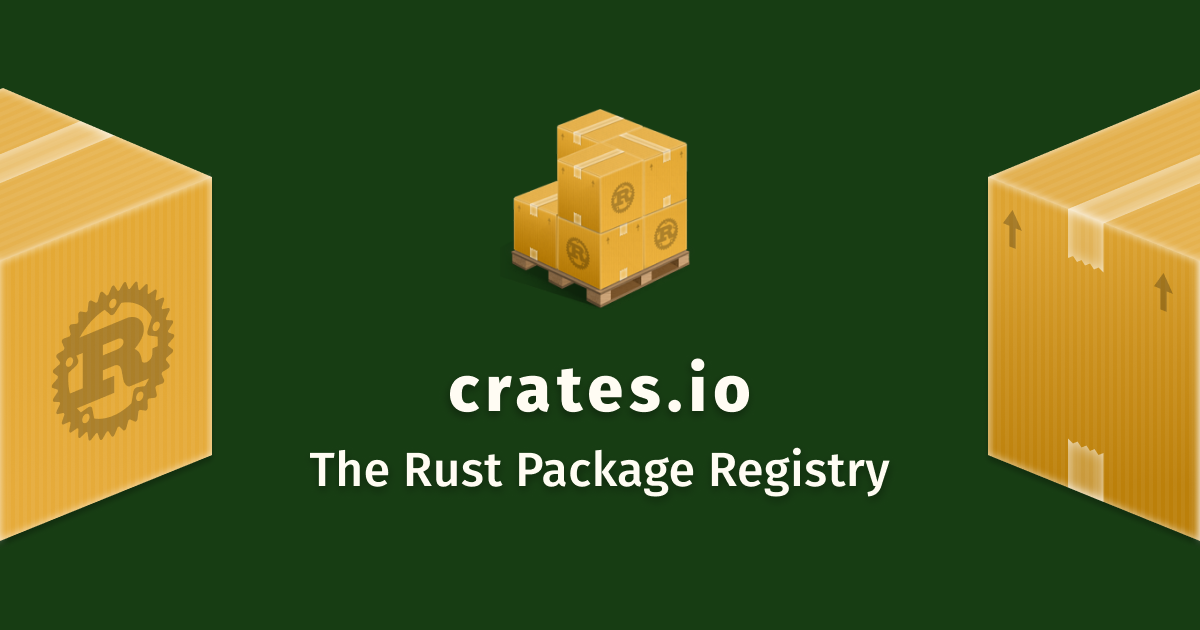Rust Crates
Rust has gained significant traction in recent years, largely due to its emphasis on safety and performance. Central to this ecosystem is crates.io, the official package registry for Rust, with around 78,123,859,662 Downloads and 154,819 Crates in stock which hosts a wide array of libraries, known as crates. This article delves into the functionalities and security considerations surrounding crates.io, highlighting its importance in the Rust community.
Overview of Crates.io
Crates.io serves as the primary repository for Rust packages, enabling developers to publish, share, and manage libraries. Each crate on the platform is accompanied by metadata that helps Cargo, Rust's package manager, resolve dependencies and facilitate easy integration into projects. The crates.io index is maintained by the Rust community, ensuring that packages are accessible and up-to-date for users. They are just like pkg.go.dev, simple and practical.
Security Initiatives
As the Rust ecosystem expands, so do the security concerns associated with package management. The Rust Foundation has initiated efforts to enhance the security features of crates.io. One of the primary focuses is to improve the visibility of security information related to individual crates. This includes implementing provenance checks and surfacing security policies defined in the SECURITY.md files of repositories.
Ownership Transfer Concerns
A notable security issue within crates.io is the process of transferring crate ownership. Current policies allow for ownership transfers with minimal verification, which raises concerns about potential misuse by malicious actors. Discussions within the community suggest that clearer guidelines and additional checks should be established to ensure that ownership transfers are conducted securely and transparently.
Conclusion
Crates.io is a vital component of the Rust ecosystem, providing a platform for developers to share and utilize libraries effectively. As the community continues to grow, addressing security concerns and promoting best practices will be essential in fostering a safe and reliable environment for all Rust developers. By enhancing the visibility of security information and refining ownership transfer processes, crates.io can further solidify its role as a trusted resource in the software development landscape.

